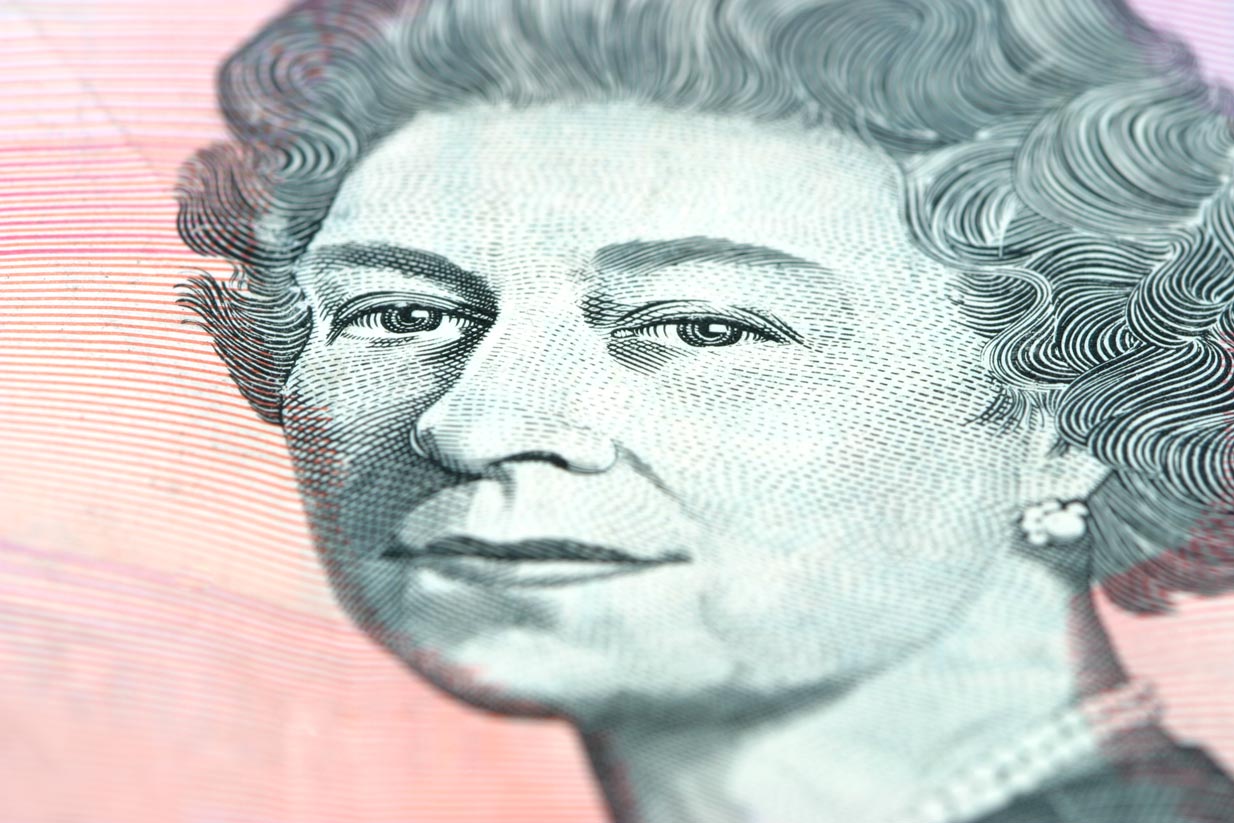News
Government coffers swell £11bn in the year to April

Total HMRC receipts from taxes and duties stood at £69.3bn in April 2022, a £10.8bn increase on the same period last year.
The biggest contribution came from Income Tax, Capital Gains Tax and National Insurance Contributions which added £6.6bn in the year to bring April’s figure to £38.9bn.
HMRC said this increase is largely down to the number of paid employees increasing by 4.9% (1.37 million people) while average pay also increased 6%. Further, the period typically captures bonus payments. However, the NIC changes which came into effect in April aren’t reflected in these figures which capture March and earlier liabilities, it said.
VAT added £2.7bn in the year, taking the figure to £17.3bn, meanwhile business taxes and stamp duty receipts came in at £500m each.
Overall receipts for stamp taxes and annual tax enveloped dwellings (applied to companies that own UK residential property) stood at £1.9bn for April. HMRC said the significantly higher receipts in April can be explained in part by the lower tax rates last year due to the stamp duty holiday which came to an end in September 2021.
Monthly stamp duty receipts for the year-on-year comparison of 2021/2022 are still significantly higher than all preceding years since 2018 for all months bar August and May.
In percentage terms, there was a 34% increase from stamp duty taxes, while IT, CGT and NICs were 20% higher.
Alcohol duties added 11% (£100m), while cash receipts from tobacco fell by £86m (6%) taking receipts for April to £1.3bn.
Meanwhile fuel duty saw a rise of £84m in the year, resulting in HMRC gaining £2.1bn.
Turning to Inheritance Tax, the government gained £500m in receipts for April, £10m higher than in the same period a year earlier. HMRC said the record high receipts are due to a combination of higher volumes of wealth transfers amid the pandemic, rises in asset values and the government’s decision to maintain the IHT tax-free thresholds at their 2020/21 levels up to and including 2025/26.
Rosie Hooper, chartered financial planner at Quilter, said: “These ever-increasing figures show that the government is gradually increasing tax revenues without significantly increasing the burden on taxpayers. However, IHT was once viewed as a tax on wealthier individuals, but the reality is that the average UK property price has continued to creep ever closer to the standard nil rate band. With the nil rate band and residence nil rate band frozen until 2026 and house prices still on the up, many more people could face a hefty IHT bill.
“While house prices may soon see a slowdown due to the long list of financial concerns facing the UK, particularly inflation which now looks set to hit double figures, this is unlikely to take the sting out of IHT bills for some time.”